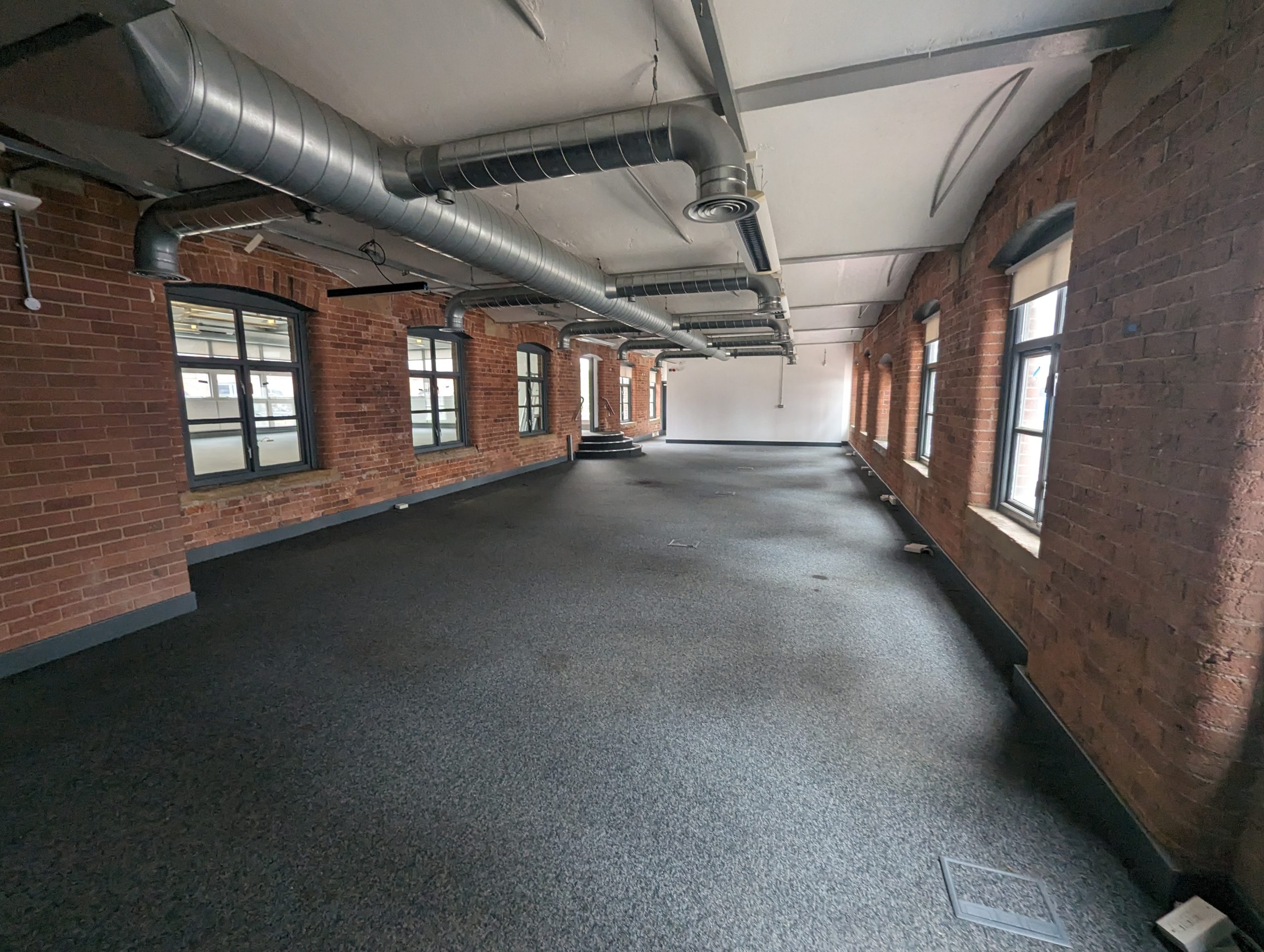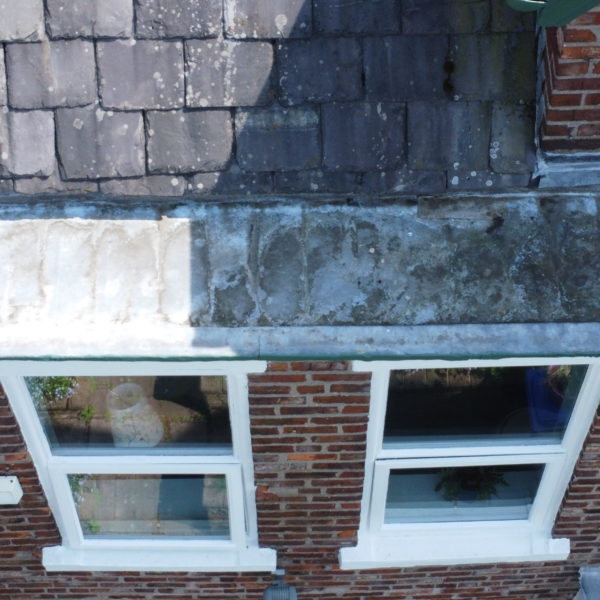Introduction
As chartered building surveyors specialising in dilapidations across the UK, we advise commercial tenants to always begin leases with clarity. A properly prepared Schedule of Condition is your strongest defence against unfair dilapidations claims at lease end. This guide will explain what a Schedule of Condition is, how it mitigates risk, and how to commission one effectively.

What Is a Schedule of Condition?
A Schedule of Condition is a detailed record, often photographic and annotated, documenting a property’s condition at a specific moment, typically when a lease commences. It serves as a “snapshot” baseline, covering structural elements, fixtures, and finishes, protecting tenants from liability for pre-existing issues.
Why It Matters for Tenants
Without a Schedule of Condition, tenants risk being held responsible for defects that were present before lease commencement. By including this report as part of the lease documentation, you legally limit your obligation to the property’s recorded condition.
Speak to a member of the teamWhat to Include in a Robust Schedule
- High-quality annotated photographs (or video if needed) of key areas and defects
- Written descriptions and precise identification of defects in structural and cosmetic elements
- Property description, inspection date, weather conditions, and definitions of terms used
- Clear clause referencing the Schedule of Condition within the lease’s repairing obligations, without this, it may be ineffective.
Who Should Prepare It—and Why
A RICS-accredited building surveyor should produce the report. A professional report carries far greater legal weight and credibility than one compiled by a non-specialist Fourth Wall. It ensures accuracy and defends your position if disputes arise.
Calculate your survey costWhen and How to Commission
- Commission before signing heads of terms or lease, ideally early in negotiations
- Ensure it is annexed to the lease and that repairing clauses explicitly reference it
- Store and maintain it securely for reference throughout the lease term and during lease exit

Case Example
Imagine a tenant leasing an older retail unit. Upon lease-end, the landlord demands repairs for dilapidations, cracks in walls and worn floor surfaces. The tenant presents a Schedule of Condition with dated photos showing identical defects at lease start. The landlord’s claim is significantly reduced, minimising the tenant’s cost and exposure.
Expert Recommendations
- Act early—commission your Schedule of Condition before lease signing
- Be thorough—include images, text, and identifiers to paint a complete picture
- Anchor it legally—ensure lease repairing clauses refer to it explicitly
- Keep it accessible—retain digital and physical copies for lease-end evidence
Conclusion
A Schedule of Condition is not merely a report, it’s a strategic shield. It empowers you to negotiate fairly, avoid unfair dilapidation claims, and secure financial peace of mind. Wherever possible, partner with an expert surveyor to ensure your interests are fully protected.
About Fourth Wall Building Consultancy
Fourth Wall Building Consultancy specialises in UK commercial property dilapidations, offering expert surveying and consultancy services tailored to landlords and tenants. We offer:
- Highly Experienced Chartered Surveyors with a proven track record in dilapidations claims.
- Transparent Pricing Models to help clients budget effectively.
- Early Engagement Approach, minimizing costly end-of-lease surprises.
- Comprehensive Reporting using the latest digital tools for clarity and precision.
- Dispute Resolution Support to avoid expensive litigation.
Related Services
- Dilapidations surveys and schedules
- Pre-Lease compliance and condition assessments
- Building condition reports and maintenance planning
- Dispute negotiation and expert witness support
The dilapidations timeline and process in UK commercial property can be complex, but with the right knowledge and expert support, landlords and tenants can navigate it successfully. Understanding costs, risks, survey options, and best practices ensures better outcomes and fewer disputes.
For tailored advice and best-in-class service, consider partnering with Fourth Wall Building Consultancy, experts dedicated to managing dilapidations effectively.
Calculate your survey cost








